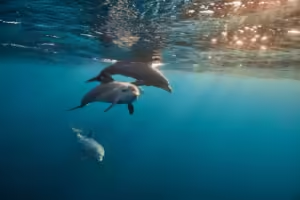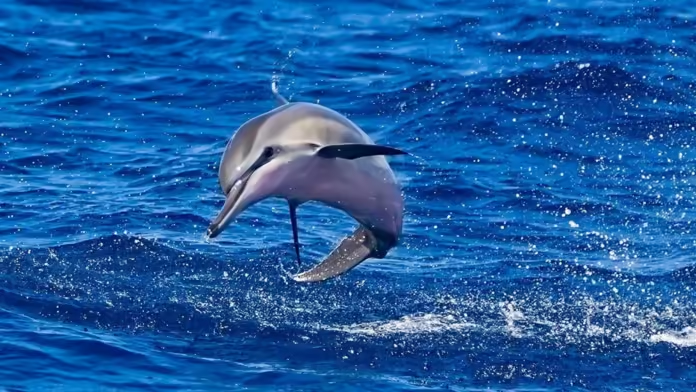Mexico has legally prohibited Dolphin Shows to secure Animal Rights
In a step that has been hailed by animal activists across the world, Mexico has legally prohibited dolphin shows in the country. The historic step not only brings an end to the use of dolphins for entertainment purposes but also prepares the stage to release over 350 dolphins already in captivity. For conservationists, scientists, and activists, this move is nothing short of historic—a milestone many years in the making.

The End of an Era of Exploitation
Dolphins in Mexico had been locked up in aquariums, resorts, and tourist areas for decades. They were trained to do acrobatics, socialize with tourists, and put on spectacles meant to entertain. But behind the glitzy shows, there was a grim reality. Studies found that captivity causes serious psychological and physical damage to dolphins, taking away their natural instincts, freedom, and ocean home.
Marine biologists have long argued that no tank can replicate the vastness and complexity of the sea. Dolphins, highly intelligent and social creatures, suffer in restricted spaces—leading to stress, shortened lifespans, and in many cases, premature deaths.
The Turning Point: Science, Activism, and Global Pressure
Mexico’s move was not overnight. It is the result of years of zealous campaigns, petitions, awareness rallies, and global lobbying. Scientific research on the distress of captive dolphins lent strength to the ethical arguments presented by animal rights organizations. Concurrently, international pressure grew as a number of nations tended toward stronger animal welfare legislation.
This intersection of public demand and scientific consensus built an inescapable argument for reform, one that Mexico’s leadership could no longer disregard.
What Happens to the Dolphins Now?
Arguably the most urgent question is: what happens to the 350 dolphins already in captivity? Officials, in collaboration with marine biologists and animal welfare groups, are presently mapping out relocation plans. The scheme is to relocate dolphins to ocean sanctuaries and rehabilitation centers, where they will slowly learn to acclimatize in conditions that mimic their natural habitats.
Whereas not all dolphins can be completely released into the wild—particularly those born in captivity—sanctuaries will give them a life much nearer to freedom than concrete tanks ever could.
A Ripple Effect for Global Conservation
This prohibition is not just a win for Mexico; it is a message to the rest of the world. Animal welfare activists are optimistic that other countries, especially those still benefiting from dolphin and marine mammal shows, will be encouraged to emulate Mexico. The action resonates with an increased awareness around the world prioritizing compassion, conservation, and coexistence over entertainment at the expense of suffering.
Voices of Celebration and Hope
Globally, the news has been received with joy. Animal lovers, activists, and conservationists have inundated social media with messages of victory and appreciation. For many, it is not just about rescuing dolphins—it is about transforming humanity’s connection to nature.
As a leading activist noted: “This isn’t just about ending shows. It’s about recognizing that intelligent beings like dolphins deserve dignity, freedom, and respect.”
Toward a Compassionate Future
Mexico’s bold move to outlaw dolphin shows is greater than a law; it is an ethical declaration. It points toward a change in human values, where compassion trumps profit and spectacle. The release of these dolphins will be both symbolic and pragmatic acts of liberation—restoring, at least in part, what captivity stole.
As the world looks on while Mexico makes this revolutionary leap, there is hope other nations will follow suit with such reforms. For dolphins, for all marine life, and for the future of humane conservation, this is just the start.
Stay tuned to Pakistan Updates for more news and updates.




